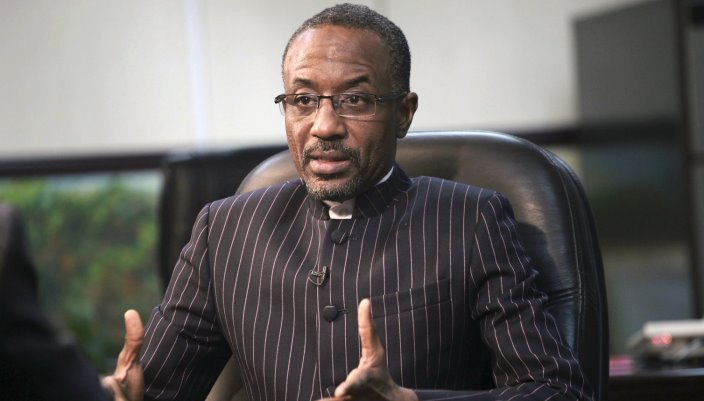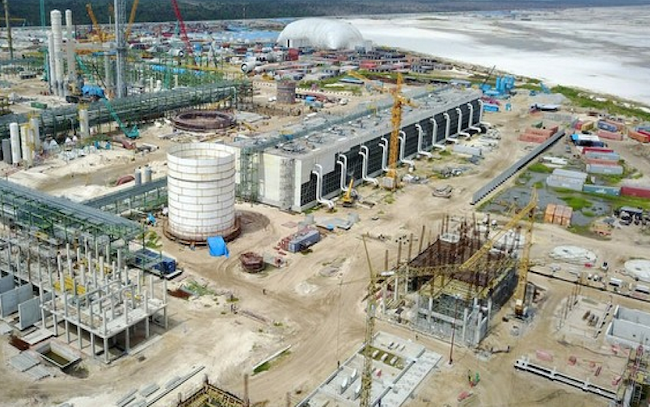Former Emir of Kano, Sanusi Lamido Sanusi says Nigeria is in a far worse economic mess today because it failed to implement the right policies and instead it has, like one in a hole, kept digging and digging into a deeper hole.
He also said Nigeria’s economy would, by 2023 have been dragged back 40 years to the low point it was in 1980, wiping out all the gains secured in the 35 years before 2015.
In a recent interview, the former governor of the central bank said, “to my mind we had decisions that should have been taken in 2015 and 2016. To me, this is why I am not too sympathetic to the administration. The problems we have were all foreseen. Every economist would have told you that this is where we were going to end up with exchange rate, this is where we were going to end up with inflation, with the fiscal position of the government if we fail to implement the right policies.
“If you find yourself in a hole, you stop digging. But we found ourselves in a hole in 2015 and have continued digging ourselves into a deeper hole.”
“Let me give you the numbers to show how bad things are”, he said to his interviewer. “If you look at the world bank development indicators, in 1980, on a PPP basis, our per capita GDP was $2229. In 2014, it had risen to $3099, a 50% rise. But by 2019, this had fallen to $2190. At this rate, by 2023 our GDP per capita on PPP basis will be back to where Nigeria was in 1980. We are being set back 40 years. Look at the fall between 2014 and 2019, all the rains made by Nigeria in 35 years between 1980 and 2014 have been wiped out.”
He said, “when we talk about huge devaluations and high rates of inflation and low rate of GDP growth and excessive rate of population growth, all of these factors come into that number because if your population is growing faster than your GDP, your per capita income goes down anyway even if nothing happens to inflation and exchange rates.
“Now when you compound that with high rates of inflation and devaluation, then on a dollar basis, the rate of our collapse is huge and that is what we have had in the last five years.”

















